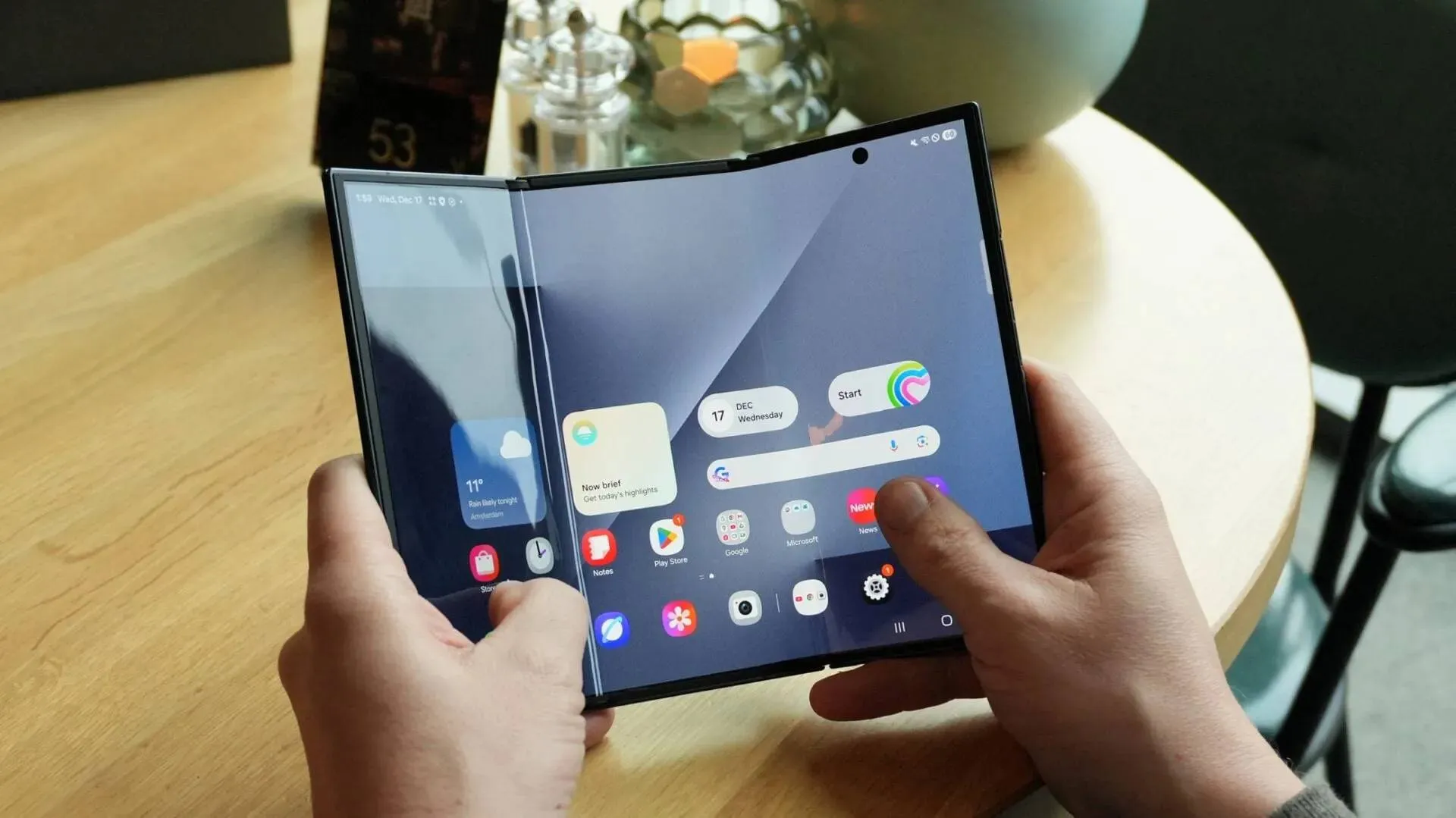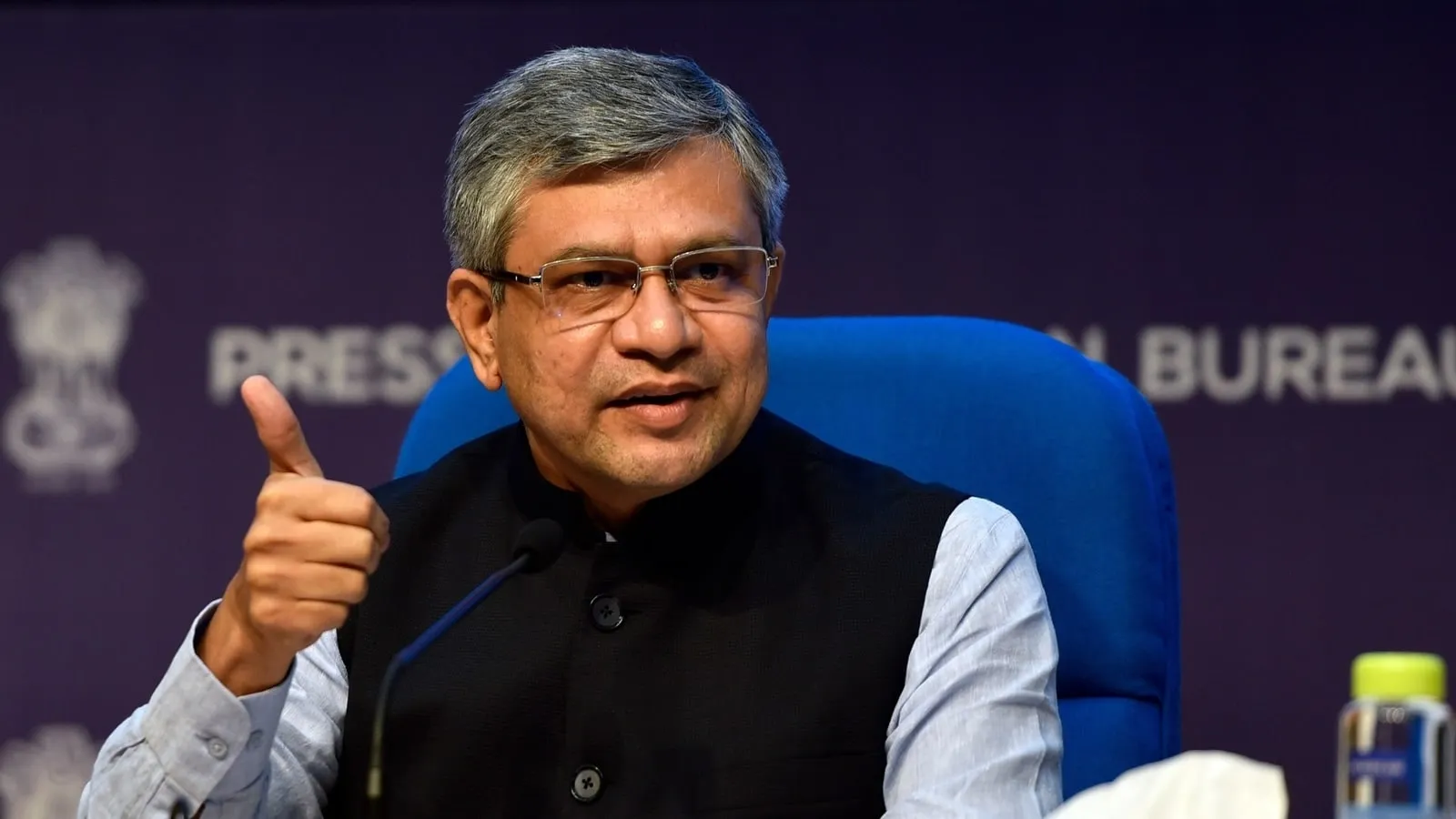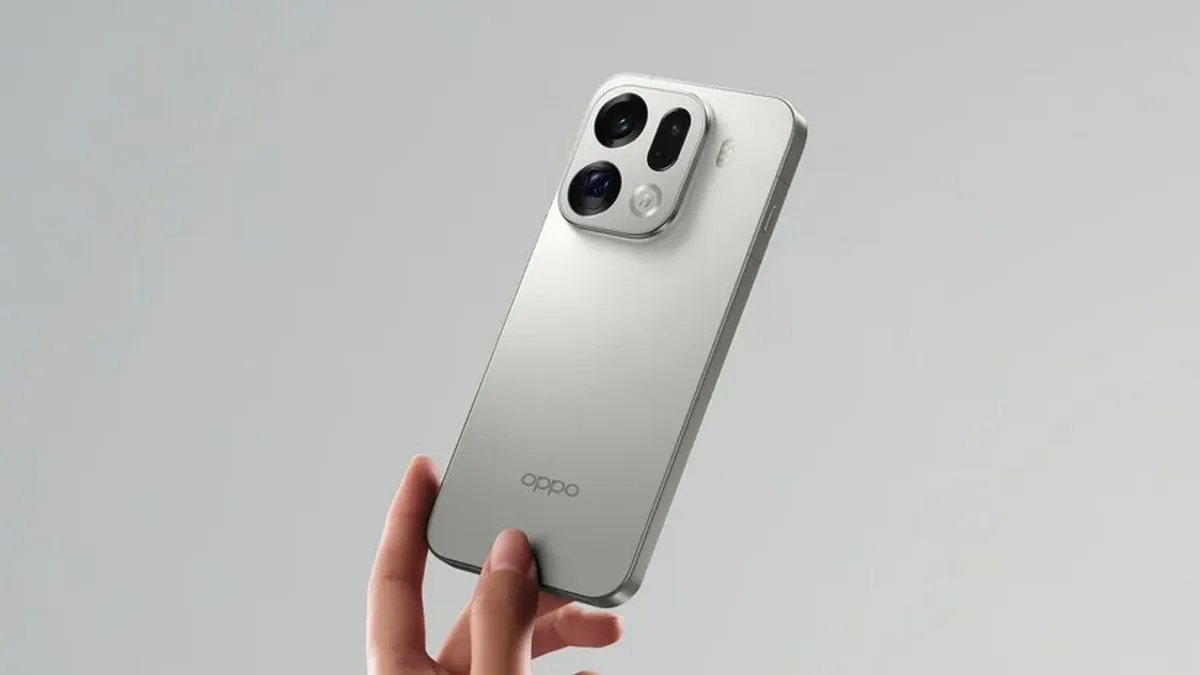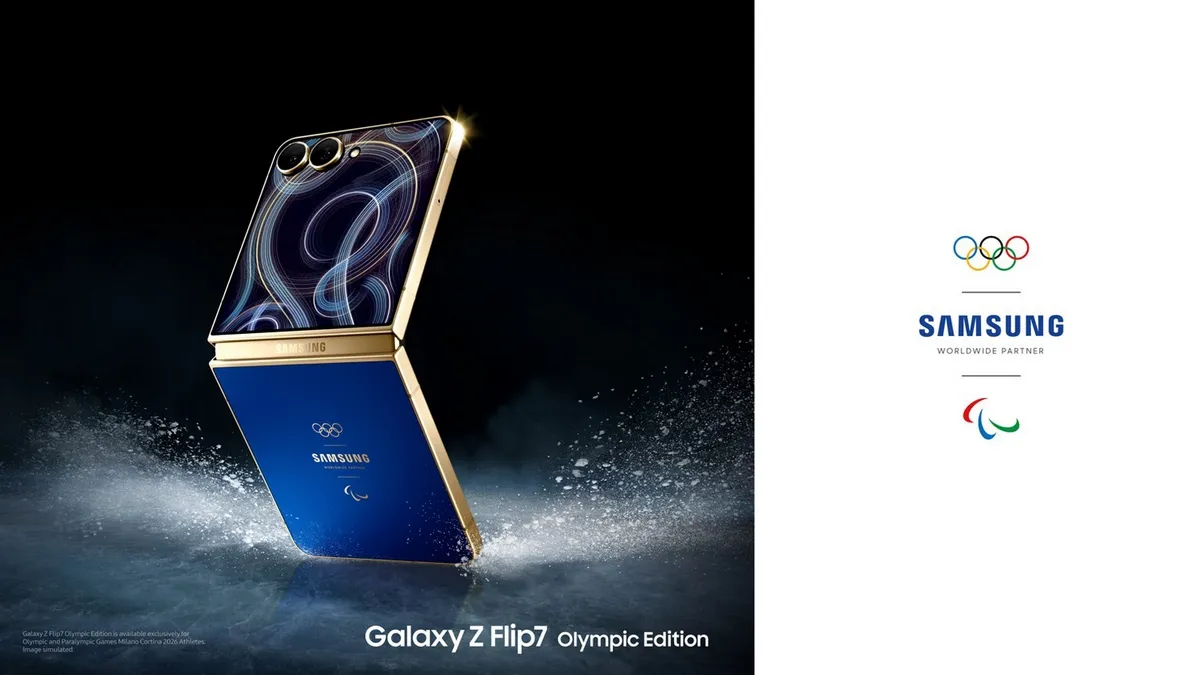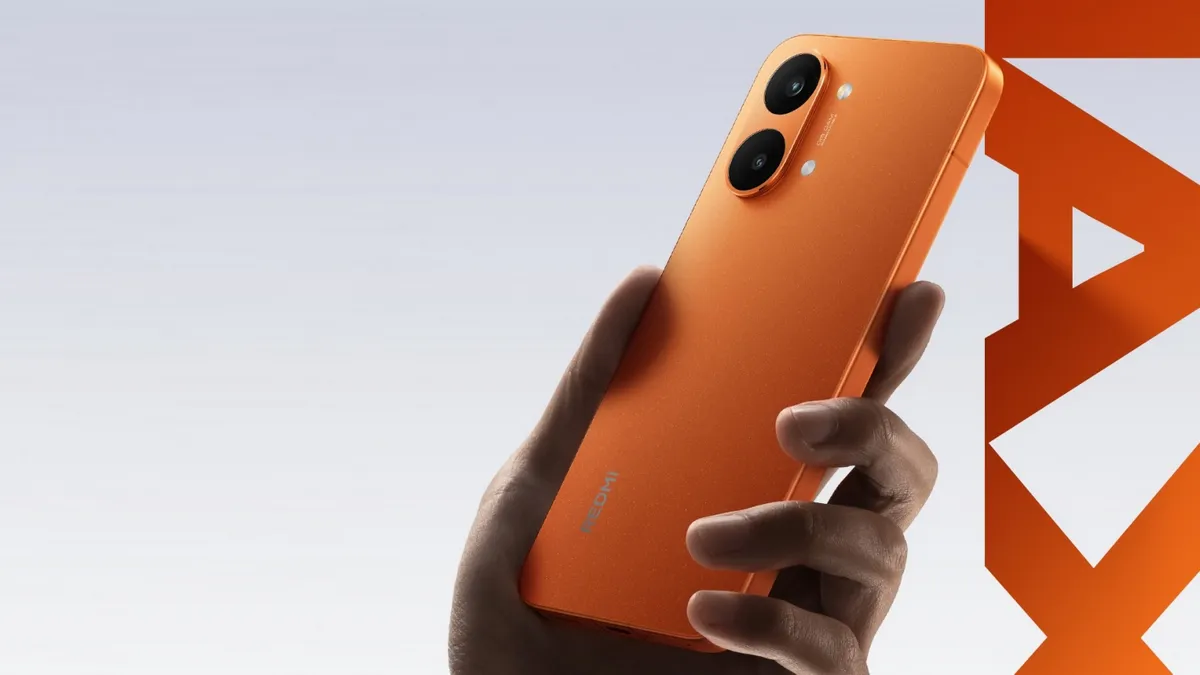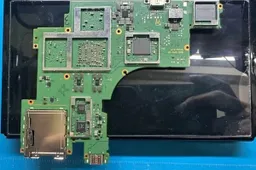Russia's attempt at developing game consoles yield unexpected results
TechThursday, 02 January 2025 at 05:40
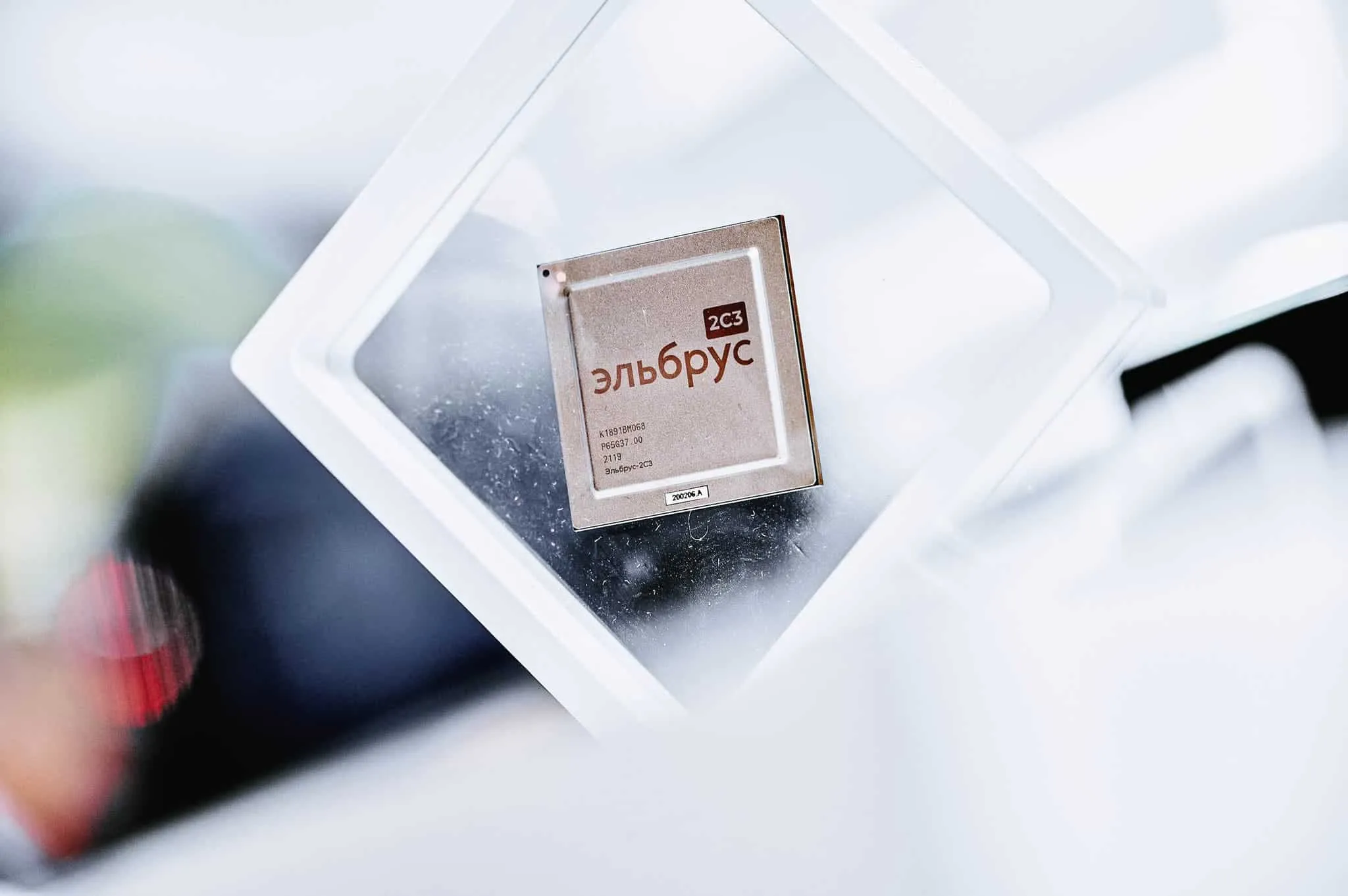
In March 2024, Russian President Vladimir Putin emphasized the importance of self-reliance in gaming technology, directing the government to develop domestic gaming consoles, operating systems, and cloud gaming services. This move came as a response to international sanctions, aiming to reduce reliance on foreign technology and bolster independent innovations. Two distinct projects are currently in progress: one featuring a stationary console powered by the Elbrus processor, and another focusing on a cloud-based gaming platform by telecommunications company MTS.

Stationary console faces hardware limitations
One of the projects uses the Elbrus chip, made by the Moscow SPARC Tech Center (MCST). This chip, built with Very Long Instruction Word (VLIW) design, was meant for key uses like defense and other secure fields. However, its speed and power fall short of modern chips from top brands like Intel, AMD, and ARM. This makes it unfit to rival gaming consoles like Sony’s PS5 or Microsoft’s Xbox.
To compound the issue, the console's operating system has yet to be finalized. Aurora and Alt Linux are being considered, but no choice has been made. The Russian government admits these flaws and agrees the console cannot match rivals. Anton Gorelkin, deputy head of the State Duma Panel on Info Policy, said new ideas will be needed to make the console work. For now, it seems best for old, simple games and for boosting Russian-made games.
Cloud gaming plan needs more work
The other project, led by MTS, is based on the Fog Play cloud gaming setup. This runs top games on strong data center servers, letting users play on less advanced gear. While cloud gaming is a good idea, the Russian version is far behind global services.
Both projects show how tough it is for Russia to achieve technological self-sufficiency in the gaming industry. Despite the government’s determination, the projects still show big gaps in chips and software. For now, the consoles may find niche uses but are far from posing any real competition to established global giants like Sony and Microsoft.
Loading
